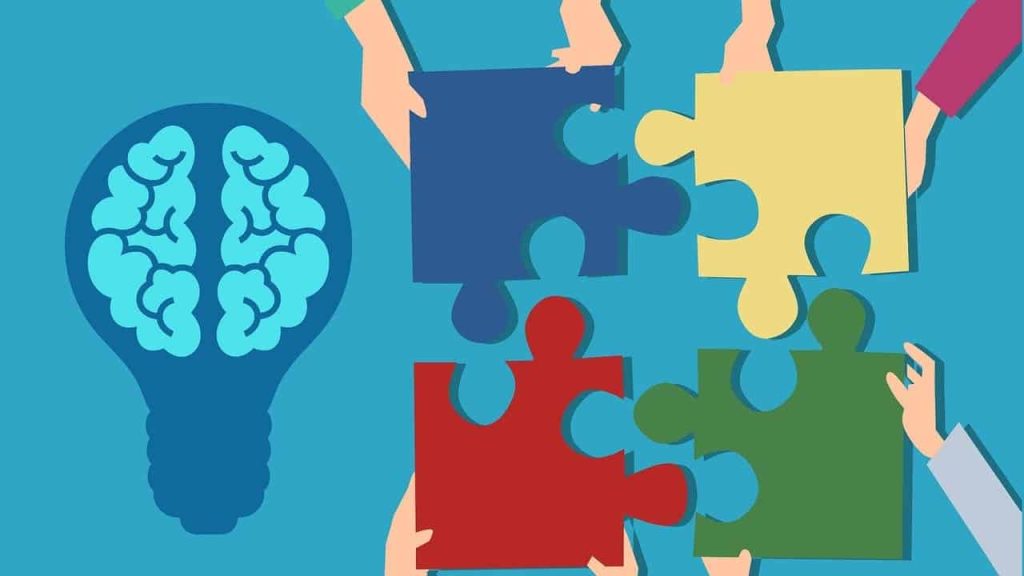Navigating the world of government assistance programs like Food Stamps (also known as SNAP, or Supplemental Nutrition Assistance Program) can feel a little overwhelming. If you’re pregnant and already receiving Food Stamps, or if you’re considering applying, you might be wondering if you need to tell them about your pregnancy. Understanding the rules is important to ensure you’re getting the help you’re eligible for. This essay will break down the basics of reporting pregnancy and what it could mean for your benefits.
Does Pregnancy Affect Food Stamp Benefits?
Yes, pregnancy can definitely affect your Food Stamp benefits. Because your nutritional needs increase when you’re pregnant, the amount of food assistance you receive might change. This is because the Food Stamp program aims to provide enough resources for your household to purchase healthy food, and the amount of food needed often increases when there’s a baby on the way.

Why Should You Report Your Pregnancy?
Reporting your pregnancy to your local SNAP office (usually your county’s Department of Social Services) is a really good idea. It can help you get the right amount of benefits. Failing to report a change in your situation could lead to problems later on.
Here’s why reporting your pregnancy matters:
- **Increased Benefits:** As mentioned before, you may be eligible for a higher benefit amount because you and your baby will have greater nutritional needs.
- **Legal Requirement:** In many states, it’s required to report any changes in your household, including a pregnancy, to maintain your eligibility for SNAP benefits.
- **Avoid Problems:** Keeping your information up-to-date prevents you from accidentally receiving too many or too few benefits and facing potential issues down the line.
Keep in mind that reporting pregnancy isn’t just about getting extra money; it’s about making sure you’re taking care of both yourself and your baby with the right amount of nutritious food.
How to Report Your Pregnancy
The process of reporting your pregnancy to the Food Stamp program is usually pretty straightforward, but it can vary slightly depending on your location. You can usually do this by contacting your local SNAP office, which you can often find through your county’s government website.
Here’s a common process:
- **Contact the Local Office:** Find the number for your local office online or through a state or county government website.
- **Report Your Pregnancy:** Call the office or go in person to report your pregnancy. You’ll likely need to provide your name, case number, and the due date (or estimated due date).
- **Provide Proof:** In some cases, they may ask for proof of your pregnancy, like a note from your doctor or a copy of your ultrasound.
- **Update Application:** You might need to fill out a form or answer some questions to update your SNAP application.
Don’t hesitate to ask questions if anything is unclear. The workers at the SNAP office are there to help you understand the process.
What Documents Will You Need?
When you report your pregnancy, it’s helpful to have some documents ready. These documents help the SNAP office accurately update your information.
Here are some documents that you may be asked to provide:
| Document | Purpose |
|---|---|
| Proof of Pregnancy | To verify your pregnancy (e.g., a note from your doctor, ultrasound results). |
| Identification | To confirm your identity (e.g., driver’s license or state ID). |
| Household Information | To ensure that the SNAP program can accurately calculate your benefits. |
Always keep copies of any documents you submit and ask for a receipt to confirm that your documentation has been received.
What Happens After You Report?
Once you’ve reported your pregnancy and provided the necessary information, the SNAP office will review your case and recalculate your benefits. This usually takes some time to be processed, so patience is important.
Here’s a basic overview of what to expect:
- **Review:** Your case worker will look over your current information and compare it with the new information you provided.
- **Recalculation:** Your SNAP benefits will be recalculated to reflect your changing circumstances. Your benefit may go up to account for your pregnancy.
- **Notification:** You will receive written notice of the changes to your SNAP benefits, including how much you will receive.
- **Ongoing Reviews:** They may request additional information or conduct occasional reviews to ensure you’re still eligible.
It is really important to read and understand any letters or notices you receive. If you don’t understand something, ask a worker at the SNAP office or a trusted advocate for help.
Conclusion
In conclusion, if you’re pregnant and receiving Food Stamps, or considering applying, it’s important to report your pregnancy to the SNAP office. This will allow you to potentially receive an increase in benefits and make sure you are getting the right amount of food assistance. By reporting changes in your household, you can maintain your eligibility and ensure you and your baby have access to the necessary nutrition. It’s always better to be informed and proactive about your situation, so you can navigate the process with confidence and get the support you deserve.